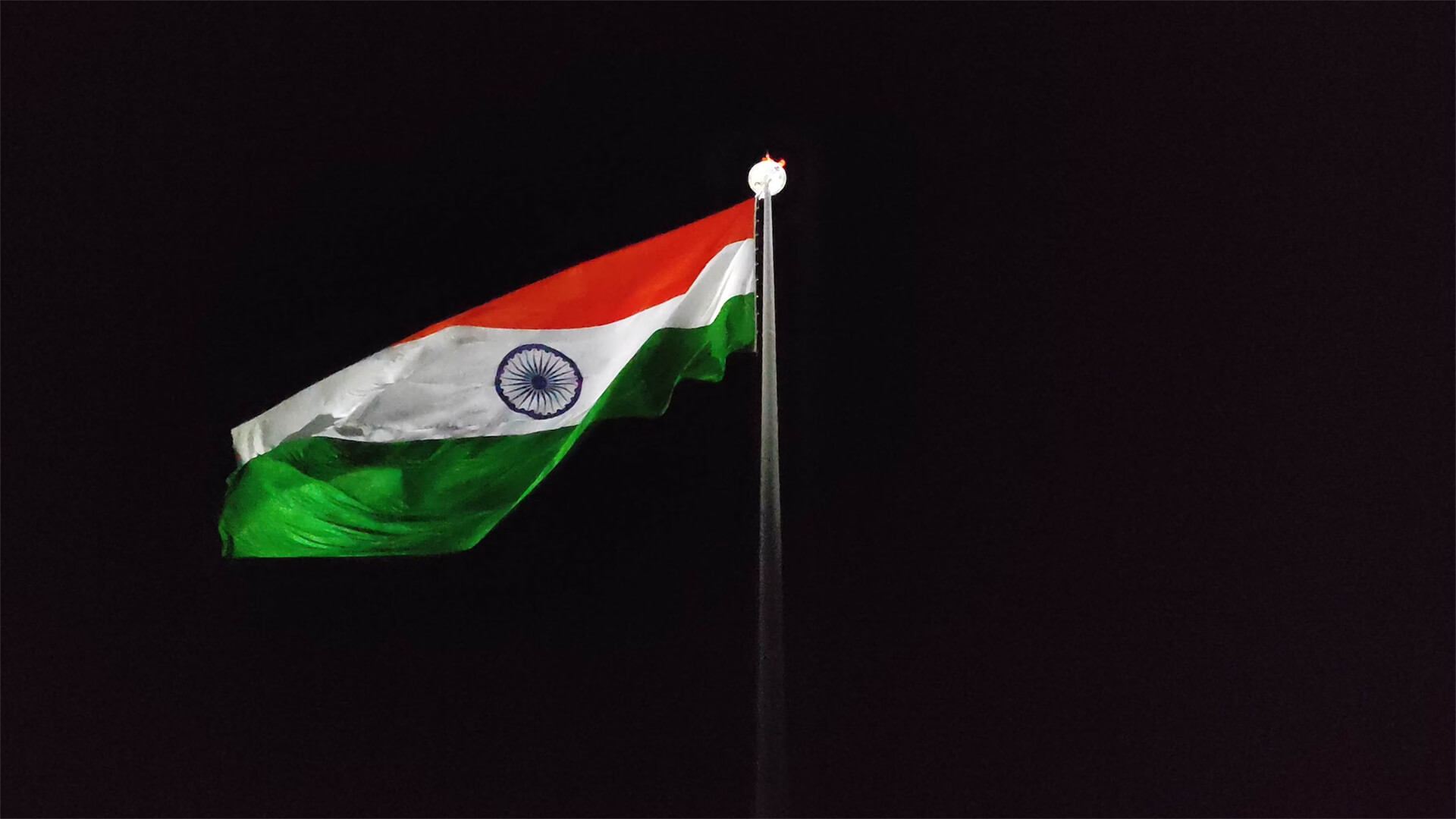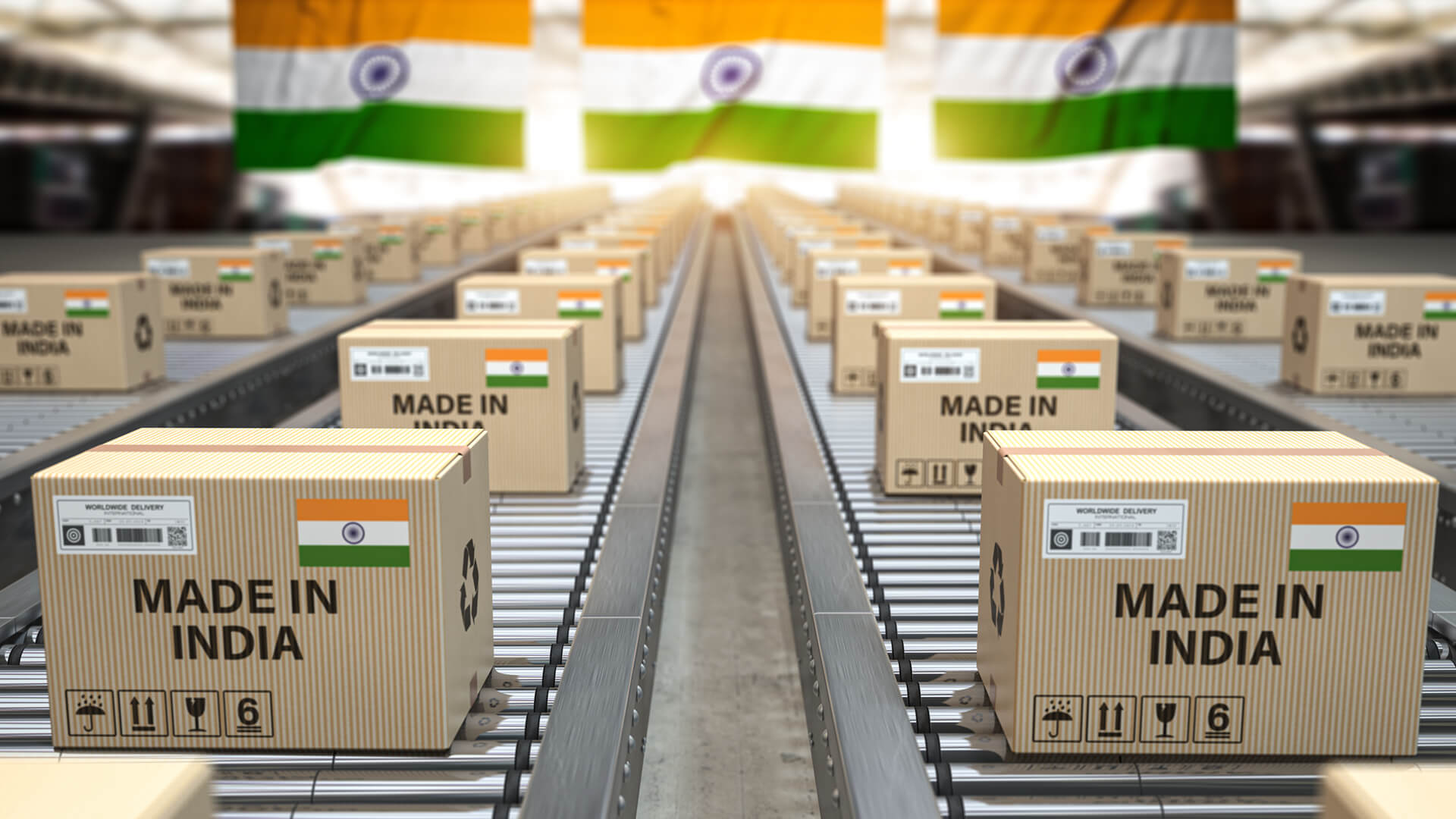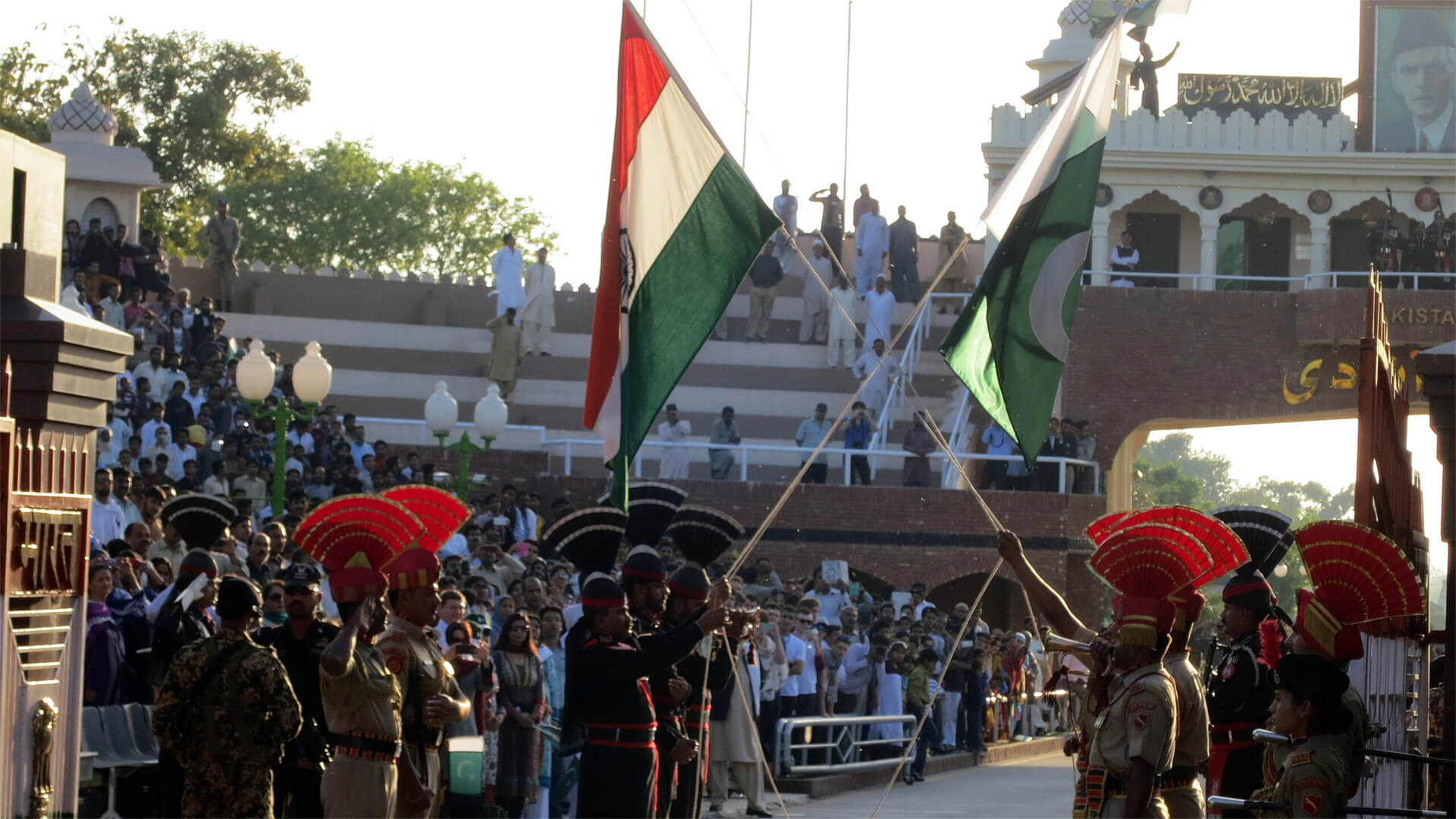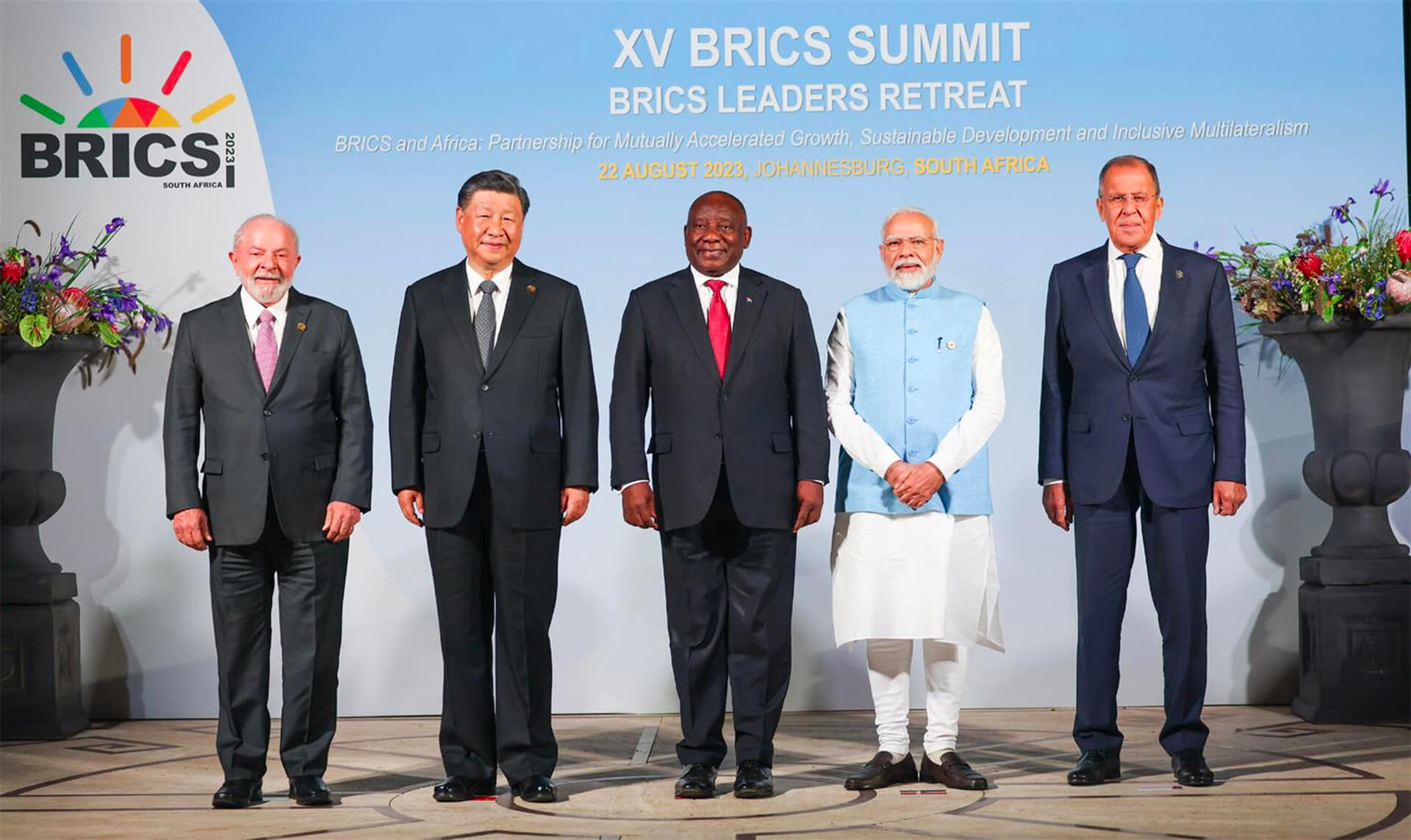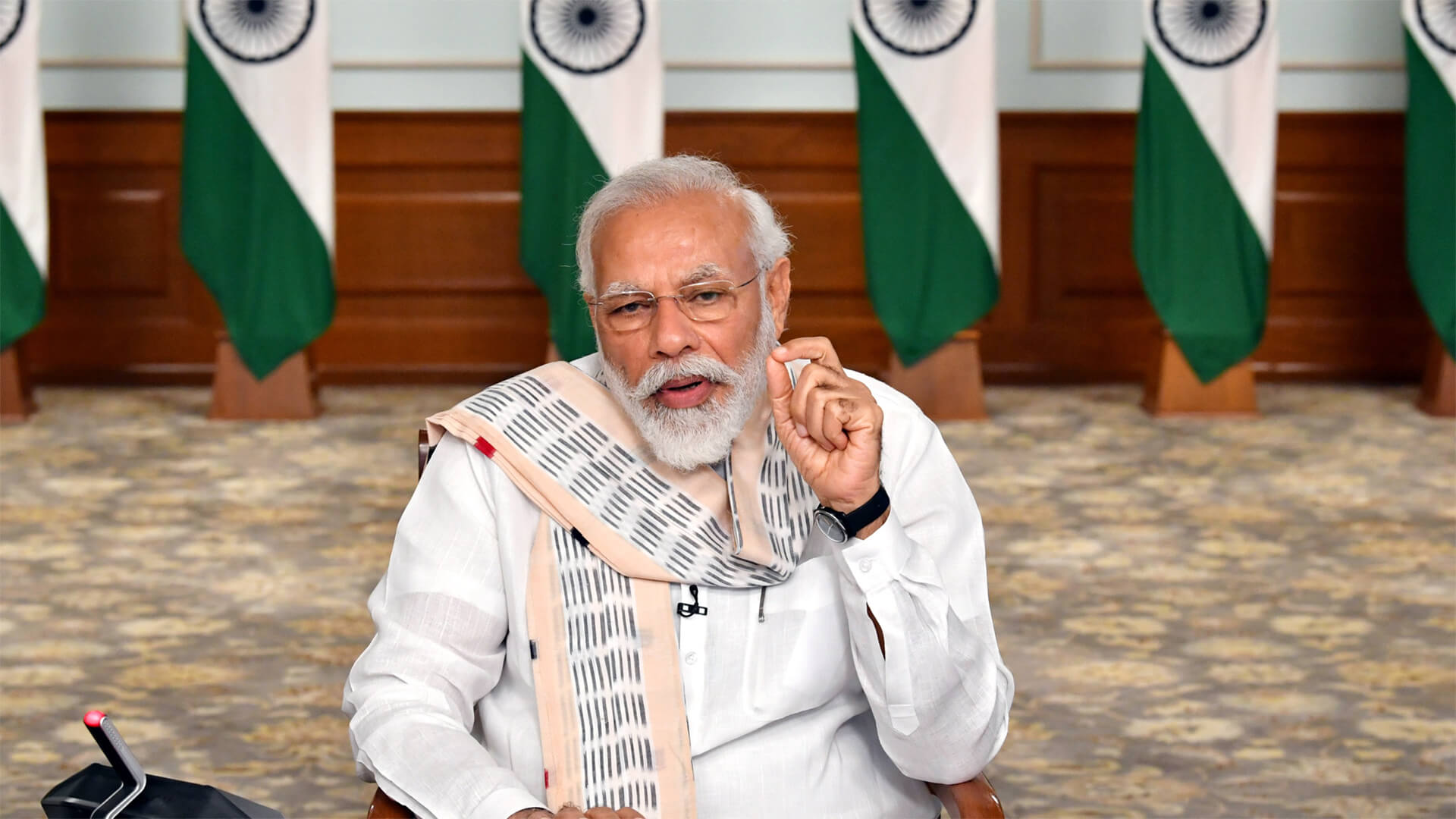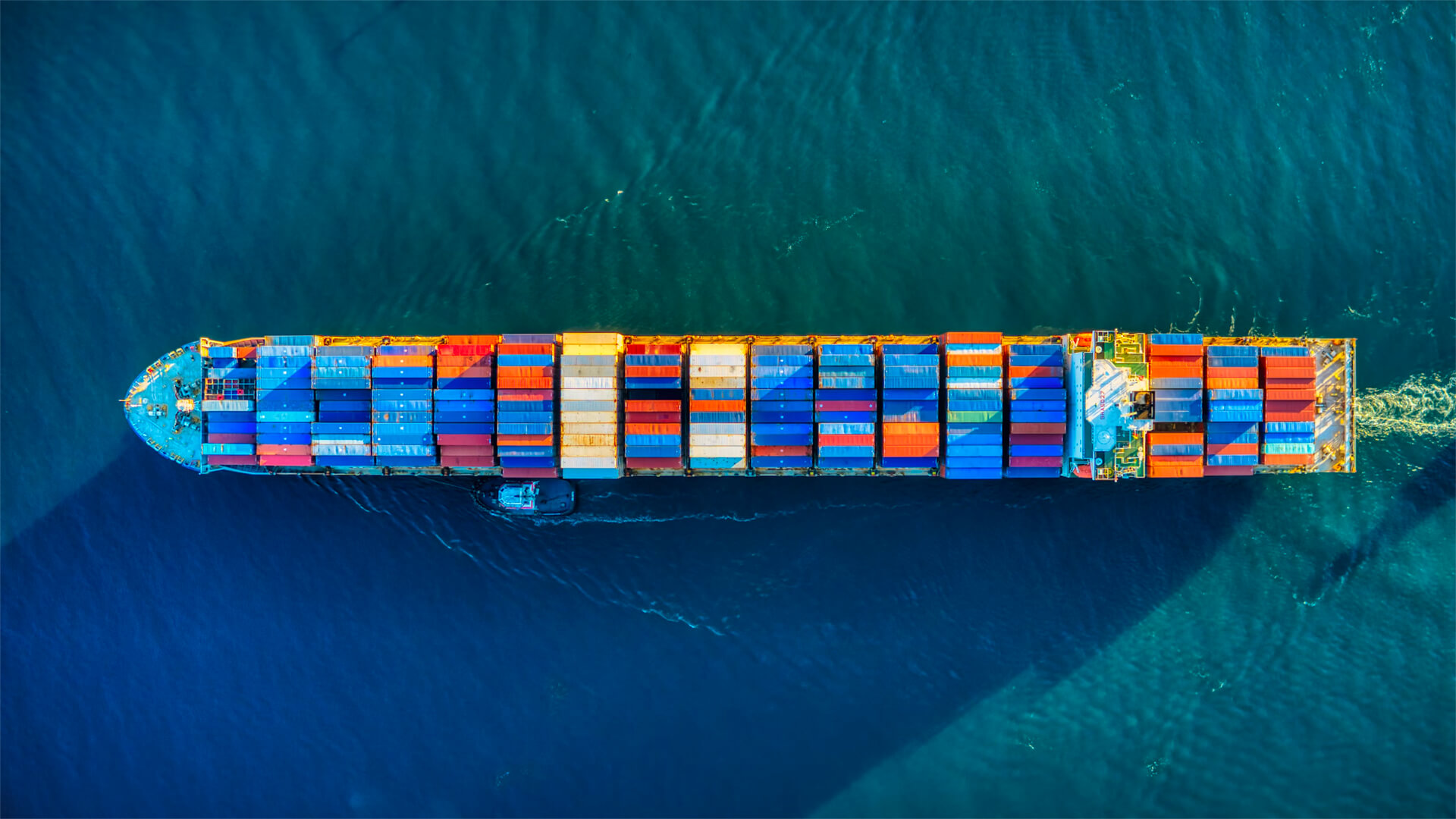Is India overhyped or genuinely important moving forward? Well, you could make a case for both.
India struggles with national unity due to diverse groups spread across a fragmented geography. This, and a difficult list of neighbors, limits power projection and forces largely self-contained growth. But India has something that most other countries lack, a relatively young population; this cohort will extend India’s consumption-driven economy into the 21st century. India also sits along the path of major energy flows, giving it influence and power in the region.
So, India might not look like a classic global superpower, but its demographics and geography outweigh the internal struggles it will face.
Transcript
Peter Zeihan here, coming to you from Arizona and back by popular demand. It’s biscuit. Hey, there you go, buddy. Today we’re going to talk about India. One of the things that people really get wrong about India is it either matters or completely doesn’t matter based on your point of view. And it can be both at the same time. So first let’s talk about why a lot of India is overhyped.
Let’s start with the geography. So in most countries, you have some sort of geographic feature. Usually a river valley that the ethnicity has risen up around, and then they expand from there into other zones. and then there’s, some sort of geographic barrier separating them from other countries. So, for example, the Po Valley in Italy or the greater Mississippi in the United States.
Gets something or, the various rivers of Europe because you’ve got, you know, Dutch rivers and German rivers and Russian rivers and all that kind of stuff. Well, part of the problem you have in India is you got a lot of river valleys, most notably the Ganges, but there aren’t any clear geographic points of separation among them. So everybody gets their chocolate and everybody else’s peanut butter.
And, it’s very difficult to achieve just the basics of national unity. So even today, only about half the population of India actually speaks Hindi. And you’ve got large minorities, of which Muslims are the single largest at about 15% of the population. And that makes, national unity almost impossible. It’s more like the Roman Empire than, modern. I’m sorry, not the Roman Empire or the Holy Roman Empire rather than a modern nation state. And it’s actually the third largest country in the world for Muslim populations, after only Pakistan and Indonesia. And he’s just ignoring me now. That’s just rude, buddy. Anyway, getting everybody to agree on anything is kind of crazy. And it takes five weeks to do national elections because the place is so large and so varied.
Geographically, it’s got a problem with its neighborhood as well. It is surrounded by countries that it does not like and countries that do not like them, not just Pakistan, but Myanmar and Nepal and Sri Lanka and Bangladesh and India believes that none of these things should matter. And you should just look at the fact that it’s 1.5 billion people and it’s a large country.
So it should be a global power, but it doesn’t have the ability to project power within its own neighborhood, much less out of the Indian Ocean basin. And you keep looking. And the Indian Ocean basin is kind of disconnected from the rest of the planet. Anyone who has the power to get there can easily dominate economic trade in the area, but the countries that are in the region have to go a long way to get to anything, because you get the Middle East with all its sand.
You hit the jungles and mountains of, Southeast Asia. You hit the Tibetan Plateau in the Himalayas. It’s just really hard for India to be a player in any meaningful way. But any country that can project past those barriers into South Asia, they do pretty well for themselves. And that’s why the Brits were able to control the area for so long.
Okay, so that’s why, the cards are kind of stacked against. Chomp chomp chomp chomp chomp. That’s why the deck is kind of stacked against, the country. But why does it matter anyway? Well, you know, 1.5 million people and, well. Or is most of the advanced world started industrializing back in the 1920s to 1950s.
And so their populations urbanized and people started having fewer kids. And you play that for today, and we’ve got population bombs going off. India didn’t start the process until the 1990s. And while their birth rate has dropped by almost three quarters since then, it is nowhere near as demographically age as most of the rest of the world.
So if they keep aging at the current rate, they’re still going to have a strong consumption LED system for their pretty much the remainder of the century minimum 2070, maybe even a little bit longer. You’re you can’t eat my thumb. That helps a great deal. Especially considering that India more or less needs to do the same thing that the United States does.
As the Chinese fail, and that’s double the size of their industrial plant. So the problem that the unions are going to face is that because they don’t like anyone and because no one likes them, and because they are very anti-free trade and any for any number of reasons, strategic, economic, political, ideological. Anyone that you on my jacket?
You are just weird this morning. Where was I? Oh, yeah. No trade. So all of their manufacturing supply chains have to be done in India. For India. They don’t have partners like the United States does. I mean, we’ve got trade deals, of course, with Mexico and Canada, but also with a number of other countries, including Israel and Colombia and Chile and others, and so we can participate in economic links with other places and we can all focus on, you know, you can’t eat my shoe.
No, not the shoe, not the shoe. back up here. Come on, come on, come on.
Here we go. Where was I? Oh, yeah. And so they’re not going to be linking with anyone else. Which means it’s going to be a longer store. It’s going to be a slower store. It’s going to be a dirtier and more expensive story. But it’s going to be an Indian story. And that is absolutely. Theres, one other thing to think about from a strategic point of view here goes back to the shoes.
Is that, in any version of the world where the United States steps back from maintaining their global naval structure and allowing trade to continue? There’s going to be a problem for some sectors more than others. And the one that matters the most to the Indians, of course, is energy, because the Persian Gulf is right there. In fact, if you stay out of the Persian Gulf, you’re on your way to anyplace important.
Your first stop is going to be India. So India doesn’t need a navy that is capable of projecting power on a global basis to be very significant, because ultimately you like that. That’s what you’re after. Your head is heavy. The, because India has the ability to protect or interfere with the supertanker energy shipments coming out of the Persian Gulf.
So if you happen to be downstream from a shipment point of view, whether that’s in Northeast Asia or Southeast Asia or even the American West from seaboard, if you don’t have good relations with the Indians, you’re going to have some problems reliably accessing the Persian Gulf for energy. And since this is where today, half of all globally traded energy is sourced, that is going to be a real problem for everyone except India, because India will ultimately be the broker.
So it matters just not necessarily in the way that a lot of people are thinking. And the way it matters is evolving very, very rapidly. And I look forward to seeing what they do with all of it. And now you’re chewing on my calf. Okay, I’m going to go and change clothes, bye.

